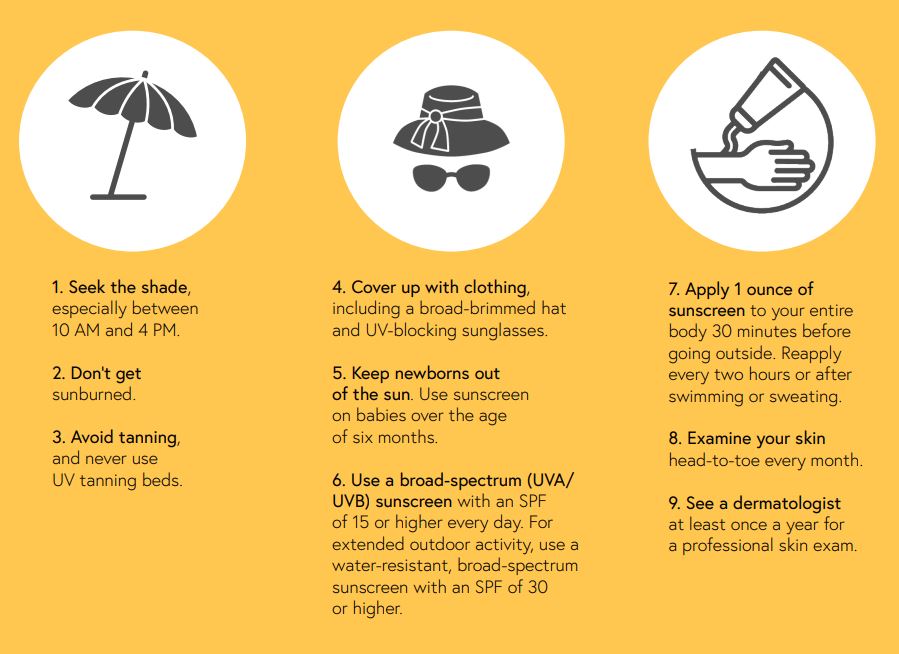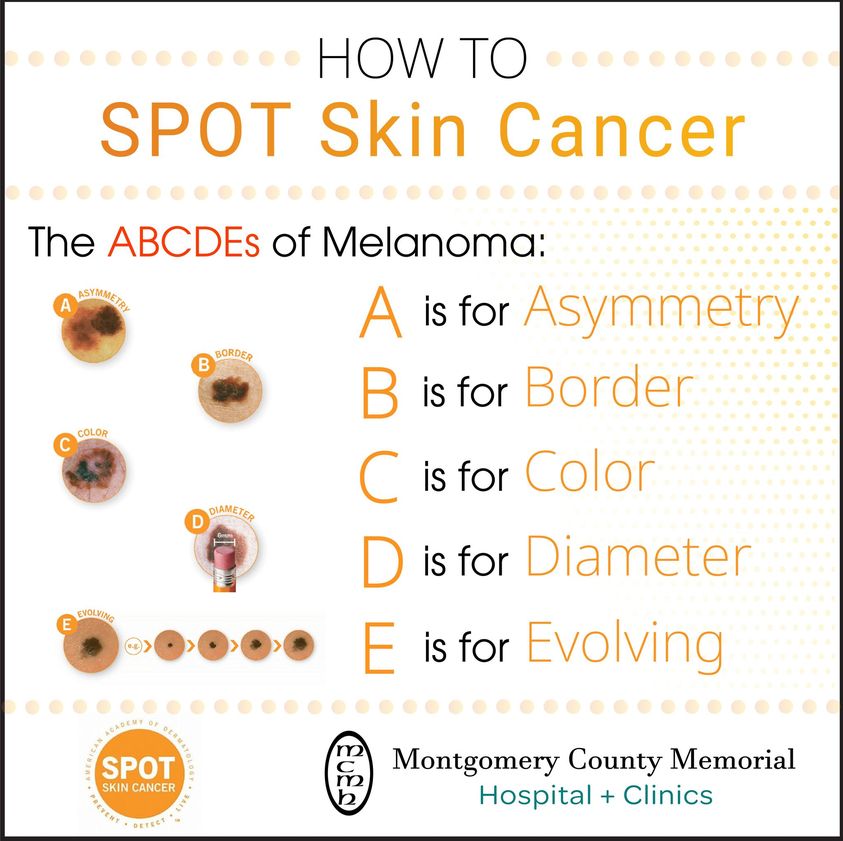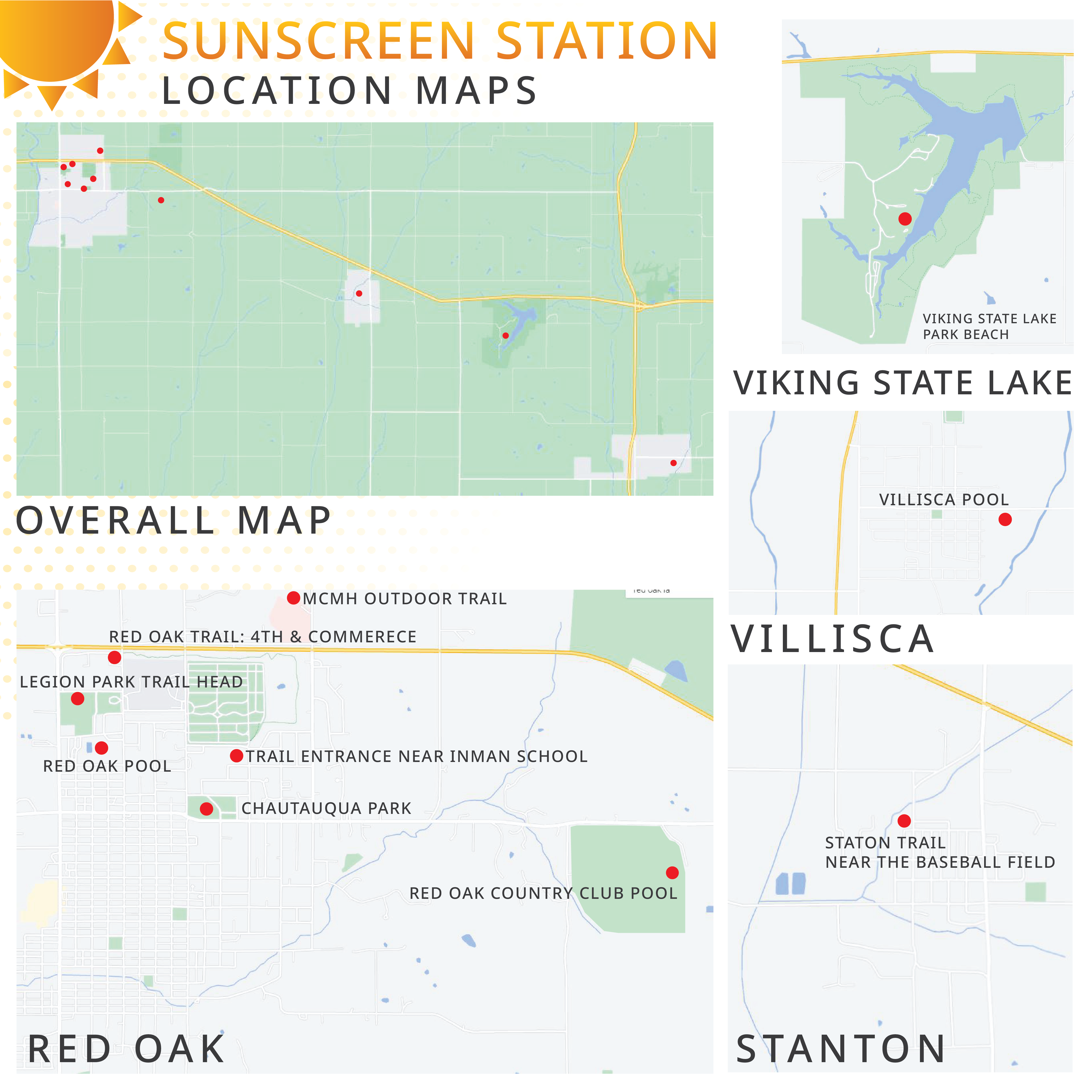Early Detection of Skin Cancer
June 26, 2023
Skin Cancer is the most common form of cancer in the United States. It is one of the fastest growing cancers as well. There are 3 types of skin cancers: basal, squamous and melanoma. Melanoma is the deadliest form of skin cancer with 1 person dying every hour from this disease. Melanoma is not just a skin cancer. It can develop anywhere in the body. A tiny brown spot under your fingernail can be melanoma and spread to your lung, liver and brain. The incidence of someone under the age of 30 developing melanoma is increasing faster than any other group soaring by 50% in women since 1980. This acceleration has been due to tanning bed use. Ex�posure to tannings beds before the age of 30 increases risk of developing melanoma by 75% Even the occasional use of a tanning bed TRIPLES the risk.
The World Health Organizational International Agency for Research on Cancer classified tanning devices into the highest risk category for humans. The use of sunscreen when exposure to sunlight cannot be avoided is very important; and remembering to reapply every 2 hours is vital. Check the label and make sure you are getting a sunscreen with SPF at least 30. Applying sunscreen on your lips is important. If you an avoid being in the sun between 10am and 4pm it is best.

All skin types can be damaged by over-exposure to solar UV radiation. Checking your skin surfaces including your scalp, soles of your feet and even between your toes is necessary. Remember that no one can check their own back as closely as it needs to be observed so seeing a medical provider annually is the best way to make sure you are not missing anything. Early detection is key to successful treatment. Please share this message of prevention with your friends and families.
Montgomery County Memorial Hospital is helping in the fight against skin cancer by providing sunscreen stations to area pools, parks and ballfields. For more information, contact Katie Sapp at (712) 623-6725.

